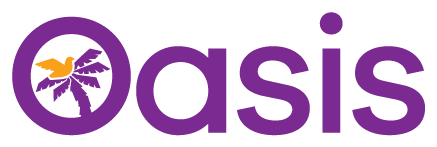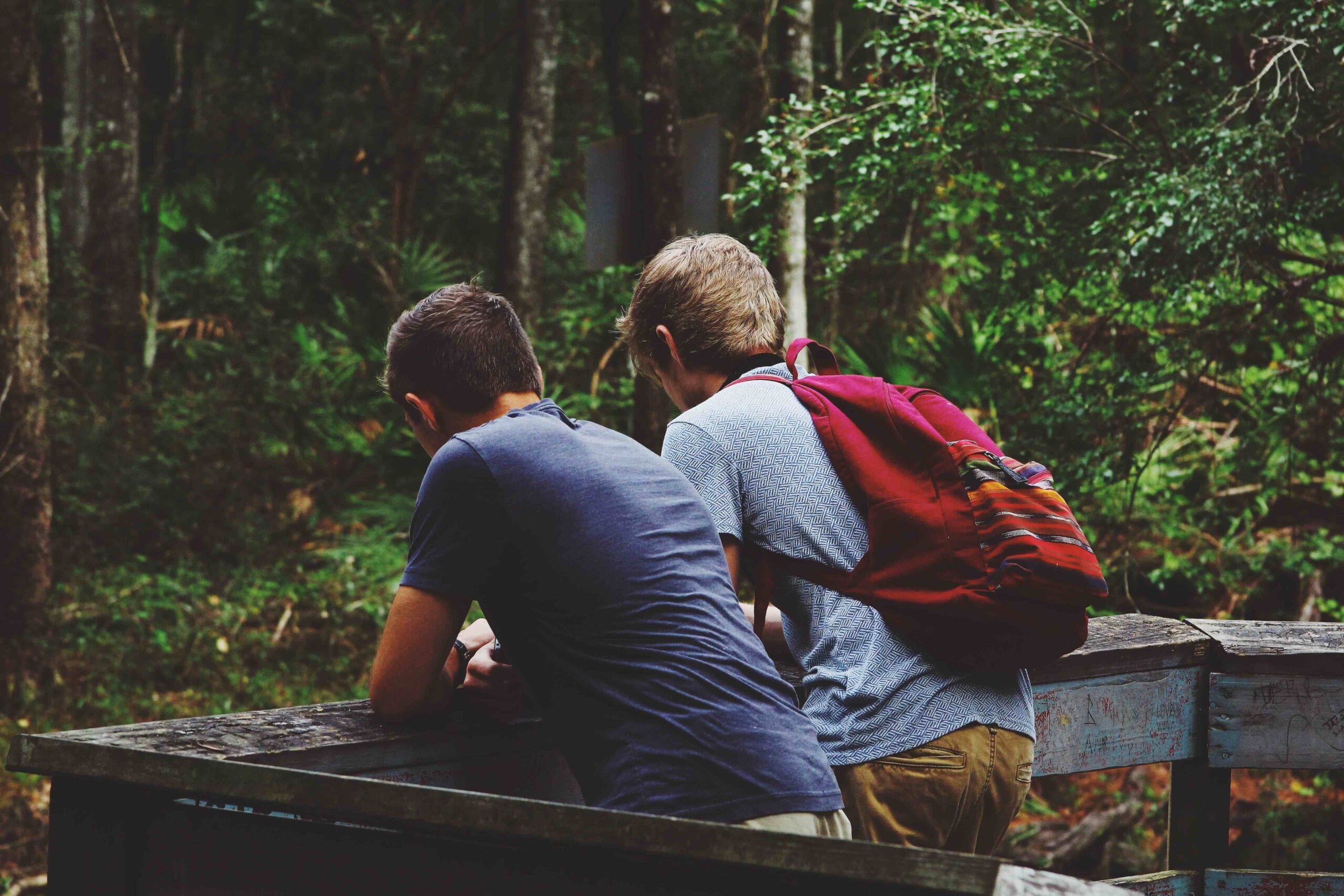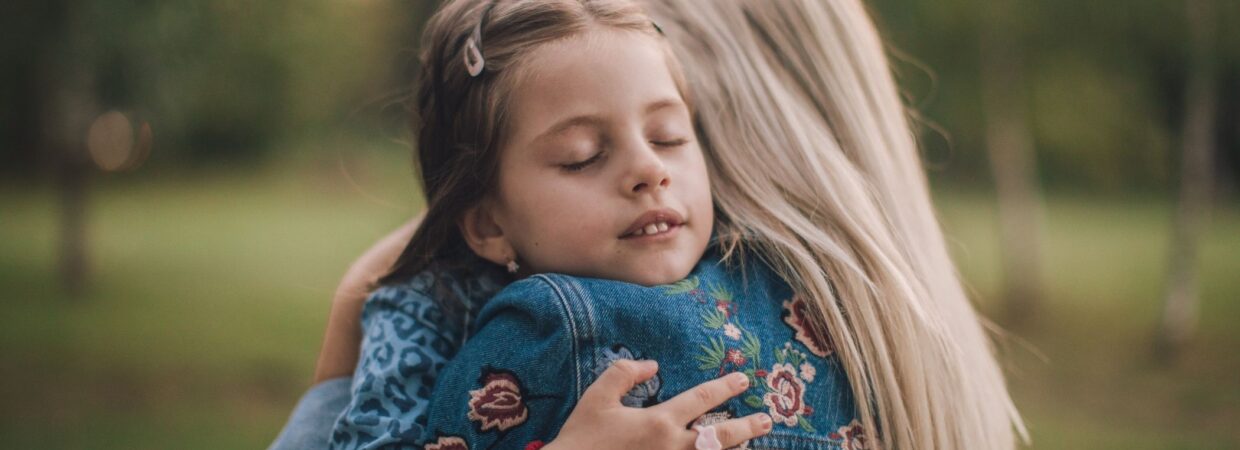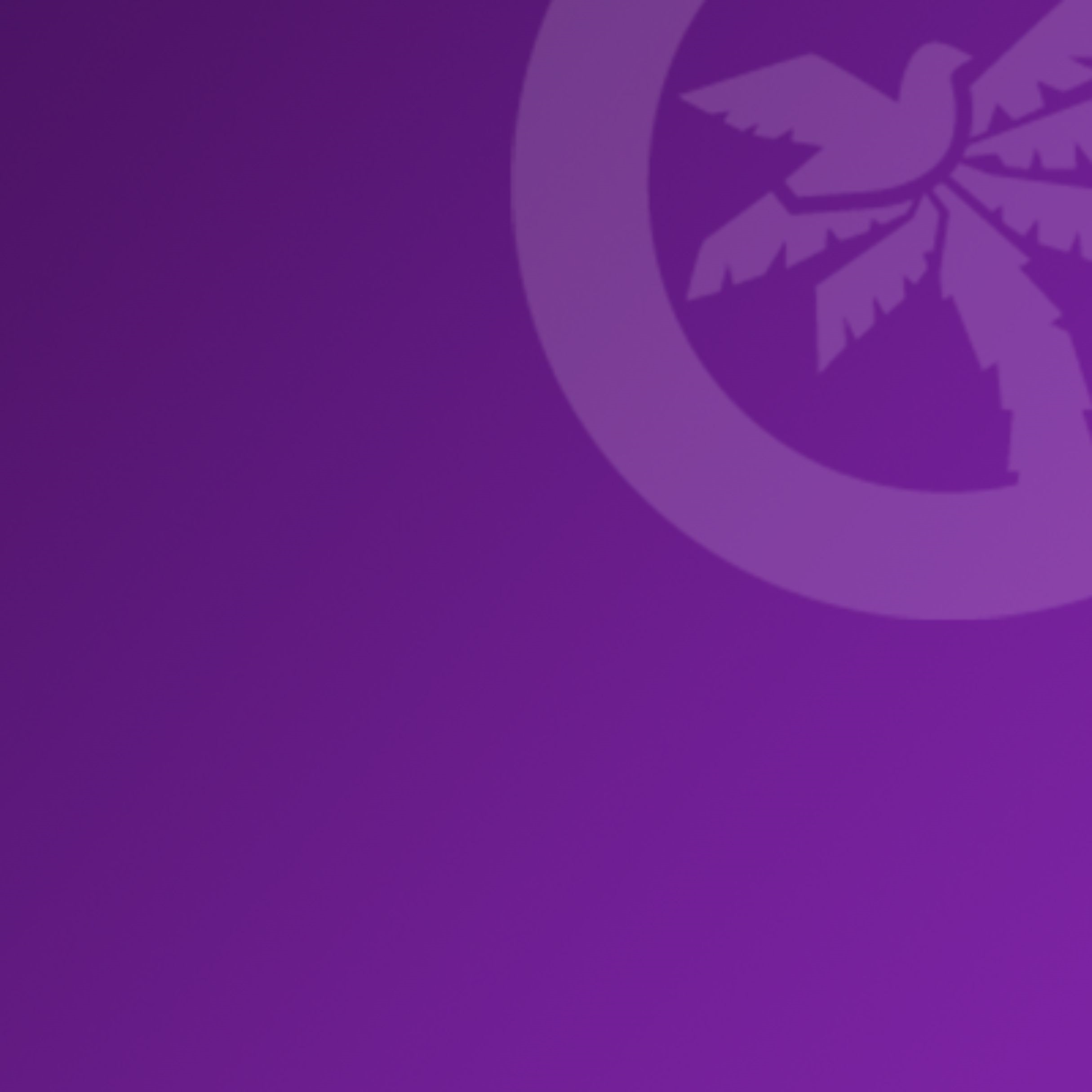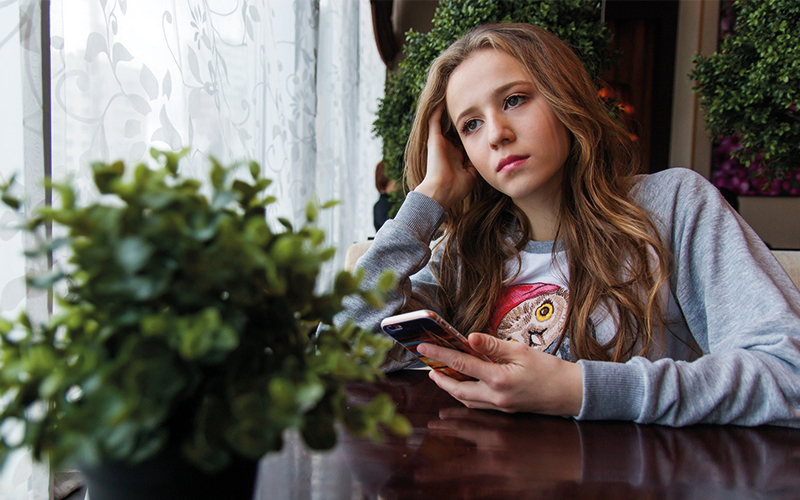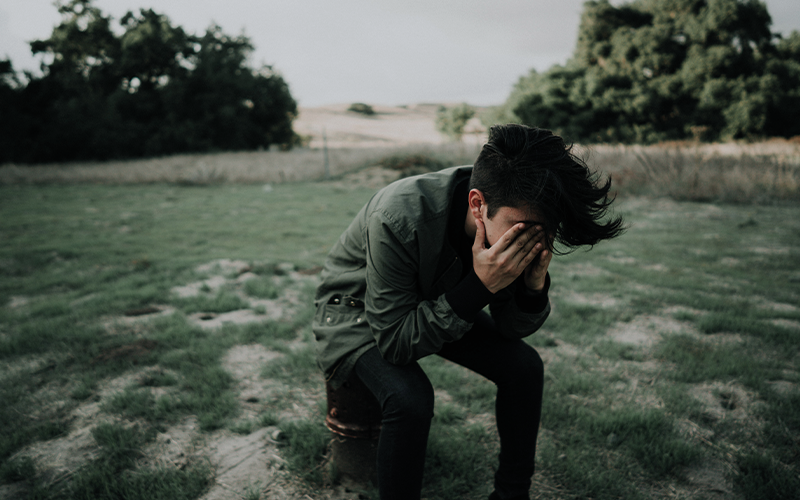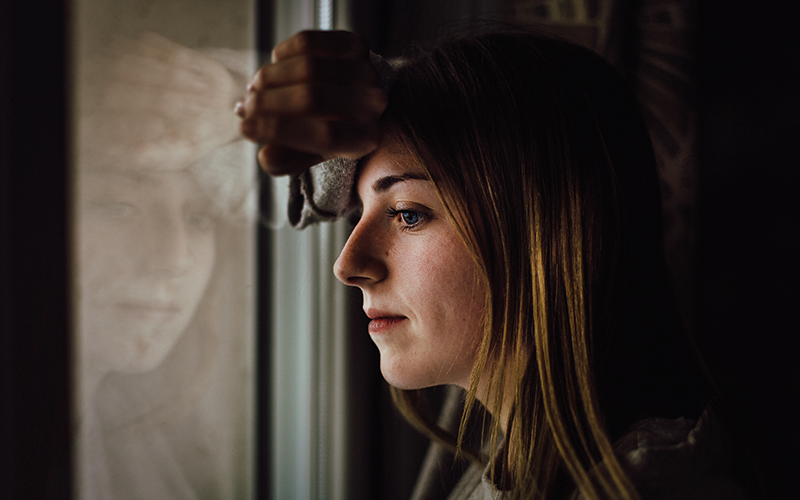How we can help children and young people
- 1-2-1 Mentoring provides a safe, private and non-judgmental space for 7 – 18-year-olds affected by domestic abuse to explore their experiences and build trust and confidence.
- 1-2-1 support programmes for adolescents with lived experience of domestic abuse to help them to build resilience, harness their strengths and meet life’s challenges, all tailored to the individual.
- Family recovery programme with an holistic approach for primary school-aged children and their non-abusive parent to process their experiences and heal together in a safe, non-judgemental environment.
- Healthy relationship workshops – interactive workshops that help young people to explore healthy relationships. We cover signs of healthy and unhealthy relationships, consent, the dangers and dynamics of grooming and the laws and support available to help them. A fee is payable for this service.

